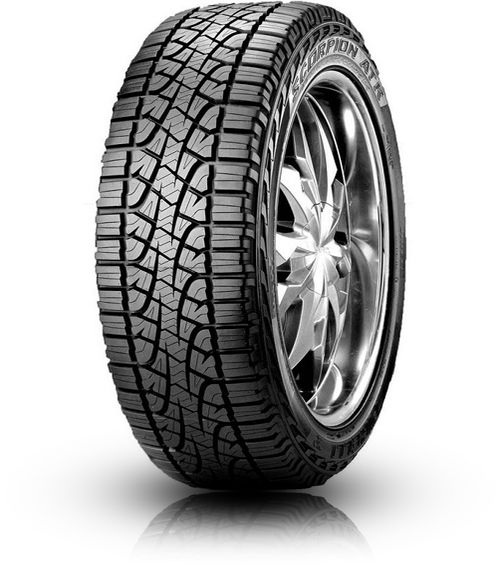While purchasing the least expensive tyre of all is always appealing, the real satisfaction is derived through the driving experience. This is only possible by choosing the appropriate set of wheels for your vehicle as well as your overall driving habits. If you’ve been dreading on how to get the best SUV tyre, check out the details below!
Step – 1: Understand manufacturer’s requirements
Vehicle manufacture requirements differ per the model and various other aspects therefore understanding them is important to get the right set of wheels. These details are often imprinted on the tyre poster and owner’s manual for the vehicle. But, if the vehicle is a second-hand purchase, chances of having a user-guide are few.
Almost every vehicle manufactured in the last decade come with a placard that’s easy to find on either driver’s door, central console compartment, gas tank lid, trunk or glove compartment. This poster outlines manufacturer’s minimum requirement for an SUV tyre including the size, front and rear cold tyre pressure, speed rating, seating capacity and load index.
Step – 2: Purchase considerations
Just the placard isn’t your cue to purchase vehicle’s tyres but would only help in taking the research to the next level. Before you make phone calls and place order for SUV tyre, ask the sales professional a few questions such as;
- Year of manufacture, the maker and vehicle’s model
- Determine the mileage rate that can range anywhere between 40,000 and 80,000 or above
- Driving habit, terrain and brand preference
- Any specific feature and whether it fits the budget
- How about swapping the current set of wheels with all-season tyres also known as Mud and Snow (M&S rated)
Step – 3: Tyre Pressure Monitoring System
Also determine if your vehicle is equipped with the latest Tyre Pressure Monitoring System (TPMS). While it won’t effect on the ability of your purchase, it does limit you increase the original size of your tyres that can seriously hamper overall driving. Almost all SUVs, light truck and passenger vehicles assembled after September 2007 must have a TPMS as this is a law in some countries. Do let the salesperson know if your vehicle already has one or else additional charges would be accrued. Purposely disabling this feature is considered a federal offense in many states.
Step – 4: Call local tyre retailers
While calling, be ready to take notes of the tyres recommended to you by the sales professional; pay close attention to the cost. Conduct research on the internet as it’ll also help in taking a definite decision. Things worth noticing during the call are;
- From where the price actually starts like on top of the ladder or something more satisfying
- Are you being offered additional amenities with the wheels like free rotations, road hazard protection and more
- Do the manufacturers also repair tyres, limitations on repairs, installation requisites and criteria so on.
Step – 5: The actual purchase
Once settled on every possible detail, choose a retailer wisely and then place an order. It’s better if you let the seller provide installation service as well so as to make sure the tyres are being fitted perfectly.
Conclusion
The details above would surely help you in buying the best SUV tyres without unnecessary intrusion.

